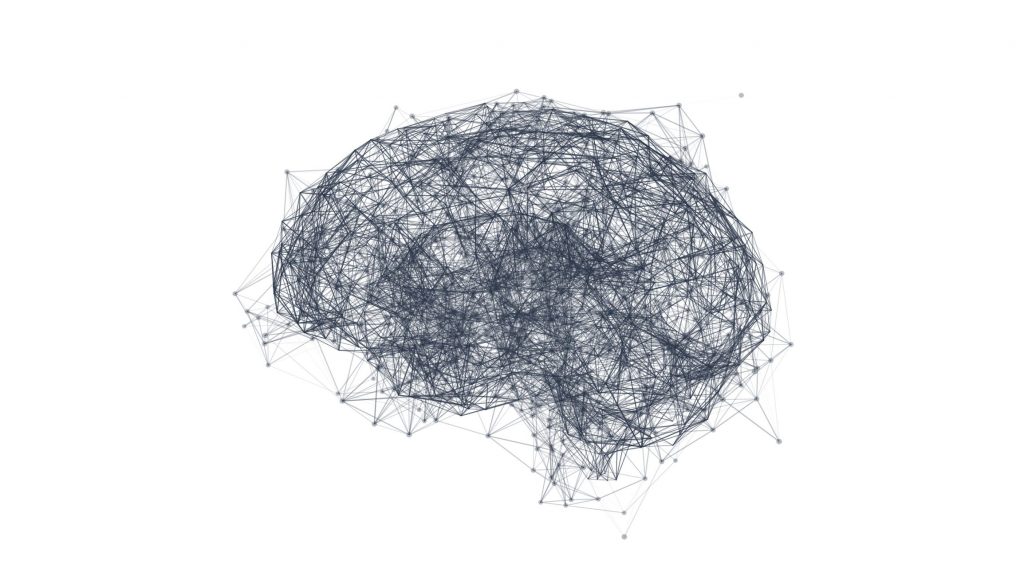Cognitive informatics is a relatively new area of multidisciplinary study that involves human information processing and how those processes and mechanisms relate to computing and computer applications.
The primary goal of cognitive informatics is to develop computing systems that work best with how humans process information, creating more seamless human-systems integration.
System designs are adept at circumventing potential bottlenecks that could hinder human information processing. These include restrictions in attention span, memory capacity, learning speed, comprehension levels, visualization capabilities, and decision-making prowess. It’s a fascinating, innovative approach that empowers these systems to operate efficiently and may soon impact the design of computing systems, including those used in healthcare.
The Foundation of Cognitive Informatics
Understanding how the human brain works is certainly not recent human endeavor, as noted by Yingxu Wang, director of the International Center for Cognitive Informatics. Philosophers from all cultures have attempted for centuries to think about how we think. It’s an issue that involves every person on the planet.
Most scientists now see information processing as one of three ways that humans model the natural world, the others being matter and energy, according to Wang. Both matter and energy model the physical, concrete world. Information is used to model the abstract world of perception and ideas.
The basis of cognitive informatics is an interdisciplinary approach that includes input from areas such as psychology/behavioral science, neuroscience, artificial intelligence and linguistics.
From this, cognitive informatics can create a set of fundamental theories that create the foundation for information and knowledge-based science and engineering disciplines such as “computer science, cognitive science, neuropsychology, systems science, cybernetics, computer/software engineering, and knowledge engineering,” according to Wang.
The Healthcare Challenge
While still a relatively new approach to designing systems for better use by humans, cognitive informatics is already having a profound impact in healthcare, according to researchers Vimla Patel of The New York Academy of Medicine and Thomas G. Kannampallil of the University of Illinois at Chicago.
The duo looked at published literature from 2000 to 2014 on cognitive informatics, finding that cognitive informatics has already been applied in areas such as finding the limits of clinician problem-solving and reasoning behavior or describing the coordination and communication patterns of distributed clinical teams.
While cognitive informatics can define limitations in human thinking, it has not been used in the design of technology for healthcare. That presents the biggest challenge, according to a study from Australian researchers. The study found most healthcare systems have been designed “without any serious and comprehensive attempt to understand the cognitive capabilities and skills deployed by those involved in patient care.”
That’s led to a challenge in healthcare: how to best design computing systems that better match the cognitive patterns used by clinicians? The challenges in using cognitive informatics to find answers faces roadblocks, including:
- Lack of time and funding for detailed studies
- Small studies that have led to questions about whether the findings are valid for healthcare settings as a whole
- The complexity of cognitive studies – and the detail needed in real-life clinical settings has made in-depth research difficult
Still, all the studies express varying degrees of optimism that such roadblocks will be overcome. It stands to reason that the benefits of using cognitive informatics to design healthcare computing systems are strong enough to justify the time, money and effort needed to incorporate cognitive informatics in the development of healthcare systems.




